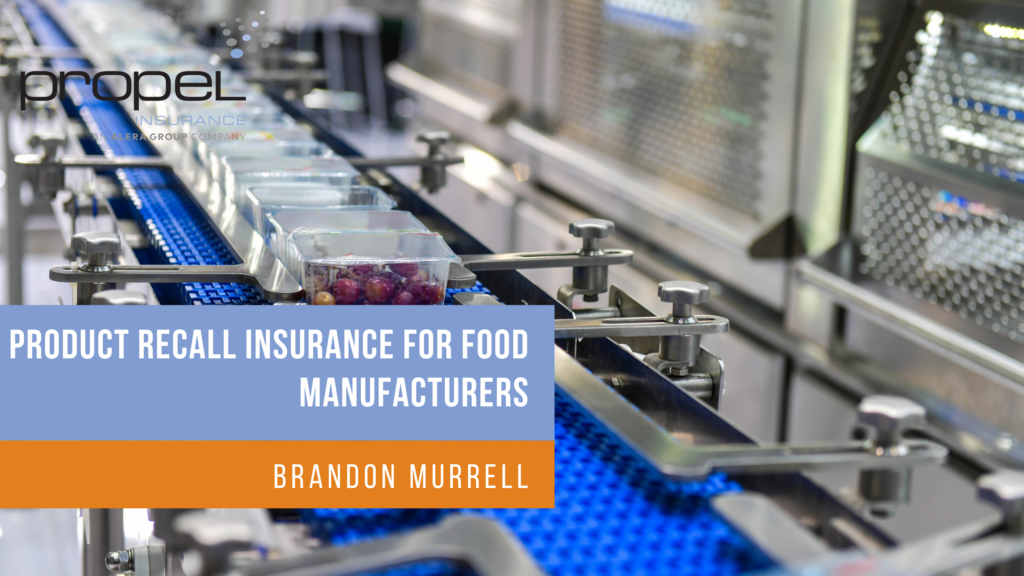Propel provides innovative insurance solutions to thousands of companies across the country. We make it our business to know your world inside and out.
Insights, Risk Management
Product Recall Insurance for Food Manufacturers
For food manufacturers and distributors, product recalls are a constant risk. During a food recall, manufacturers face numerous direct and indirect costs. Some food manufacturers mistakenly believe they have coverage for product recalls, only to later discover that their coverage is extremely limited or non-existent. Here’s what you need to know.
Food Recalls in the News
Food recalls can be frightening for those who have consumed a recalled product or have fed it to their children. Because of the dangers involved, major food recalls often make headlines. For example, multiple news outlets have run articles on lead-tainted pouches of cinnamon apple puree and applesauce snacks. According to The Washington Post, at least 118 cases of lead poisoning have been linked to the product.
Other recent and notable incidents include the recall issued for 30,000 pounds of Tyson chicken nuggets with metal pieces inside, reported by NPR, and a cantaloupe recall due to a salmonella outbreak, which USA Today says has been linked to at least eight deaths and hundreds of cases of illness in the U.S. and Canada.
Food Recall Costs
The costs associated with a food recall can add up quickly because of the multi-faceted response that is required. Steps may include:
- An investigation to determine the scope of the problem – such as which products, states or lots are impacted.
- Business interruption until the source of the issue is identified.
Recall communication. - Collection and disposal of recalled product from warehouses, stores, and consumers.
- Regulatory reporting and fines.
- Resulting lawsuits filed by those impacted.
- PR efforts to contain the erosion of public trust.
Some of these costs are difficult to calculate, especially those related to reputational damage. Nevertheless, it’s safe to say that food recalls are expensive. For example, ABC Eyewitness News says Blue Bell Creameries had to pay $17.5 million in criminal penalties related to a 2015 listeria outbreak. That’s on top of the other costs associated with the recall.
Reasons for Food Recalls
Food recalls can occur for many reasons, such as:
- Foreign Objects. According to Insurance Journal, food recalls involving plastic, insects, rocks, and other foreign objects are fairly common.
- Undeclared Allergens. Undeclared eggs, nuts, and other allergens are a common cause of food recalls. For example, the FDA says a voluntary recall was issued for a holiday nog product due to an undeclared egg allergen.
- Bacteria. The presence of listeria, salmonella, E. coli, and other bacteria often triggers food recalls. Contamination can occur at any point in the food production process.
Confusion Around Food Recall Insurance Coverage
Since recalls are a major threat to companies involved in food production, it makes sense that food manufacturers and distributors would want to maintain robust food recall insurance. Unfortunately, many food companies believe they have coverage when, in reality, they do not.
This confusion frequently occurs because business leaders incorrectly assume that certain types of policies provide food recall coverage. For example, Property Casualty 360 explains that commercial general liability insurance does not typically cover product recall costs – something many manufacturers fail to realize.
Similar confusion exists around errors and omissions (E&O) insurance. E&O insurance provides important coverage for manufacturers, but it does not typically include product recall coverage. Even product liability insurance does not cover recalls. Although it provides coverage for lawsuits alleging property damage or bodily injury due to products, the coverage does not cover costs associated with a recall.
Securing Coverage for Your Product Recall Exposures
When reviewing your product liability and recall coverage, keep in mind that a recall can lead to a variety of expenses. A policy that covers some expenses but not others may leave you exposed. For example, a policy may cover product withdrawal (which includes the costs to remove a product from the shelves), but it may exclude coverage for lawsuits. Conversely, a policy may cover lawsuits involving harmful products but exclude product recalls. Recalls and lawsuits often go hand in hand. Therefore, a company that only has one type of coverage may have many uncovered expenses. Consider:
- Which costs do your existing policies cover? Will it cover product withdrawals, investigations, business interruptions, regulatory fines, legal defense, and settlements? Determine whether you need additional coverage types or if your company is prepared to pay for those costs out of pocket.
- What are the coverage limits? Both recalls and subsequent lawsuits can be expensive. Plus, the more products involved, the higher the costs.
- Are there any other restrictions, requirements, or exclusions? For example, what are the reporting requirements of your coverage?
Propel Insurance specializes in risk management solutions for food manufacturers. Ask us to conduct a thorough assessment of your coverage needs to ensure you have the correct product recall protection. Contact Brandon Murrell to learn more.

Brandon is an accomplished insurance professional with over 11 years of experience in the industry. For seven years, he served as a Senior Large Loss Adjuster for the Western region of the United States, where he handled non-standard auto fatalities and large severity claims. Later, he transitioned into a role as a Direct Writer specializing in manufacturers, distributors, suppliers/wholesalers, and dealerships. More about Brandon...


